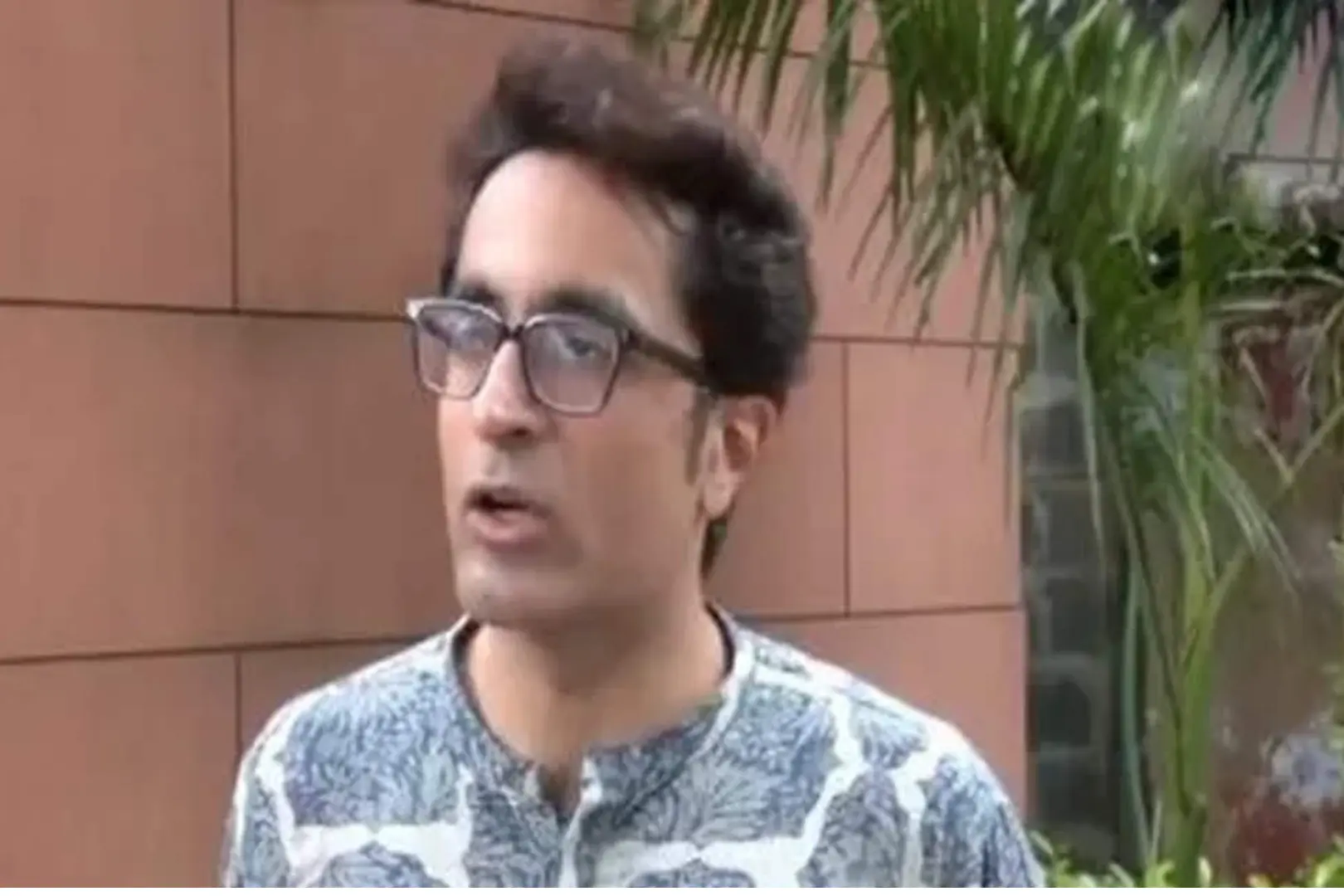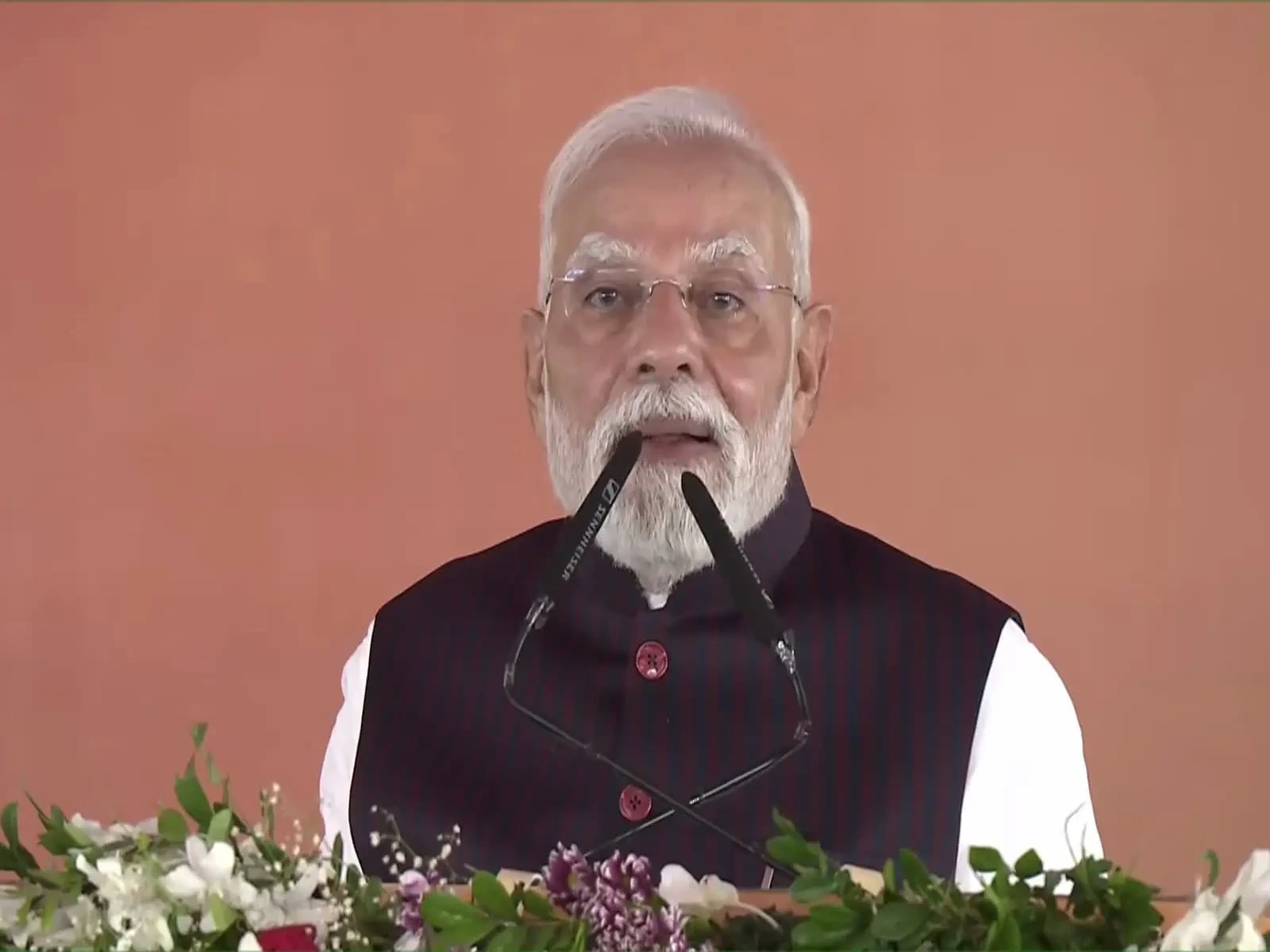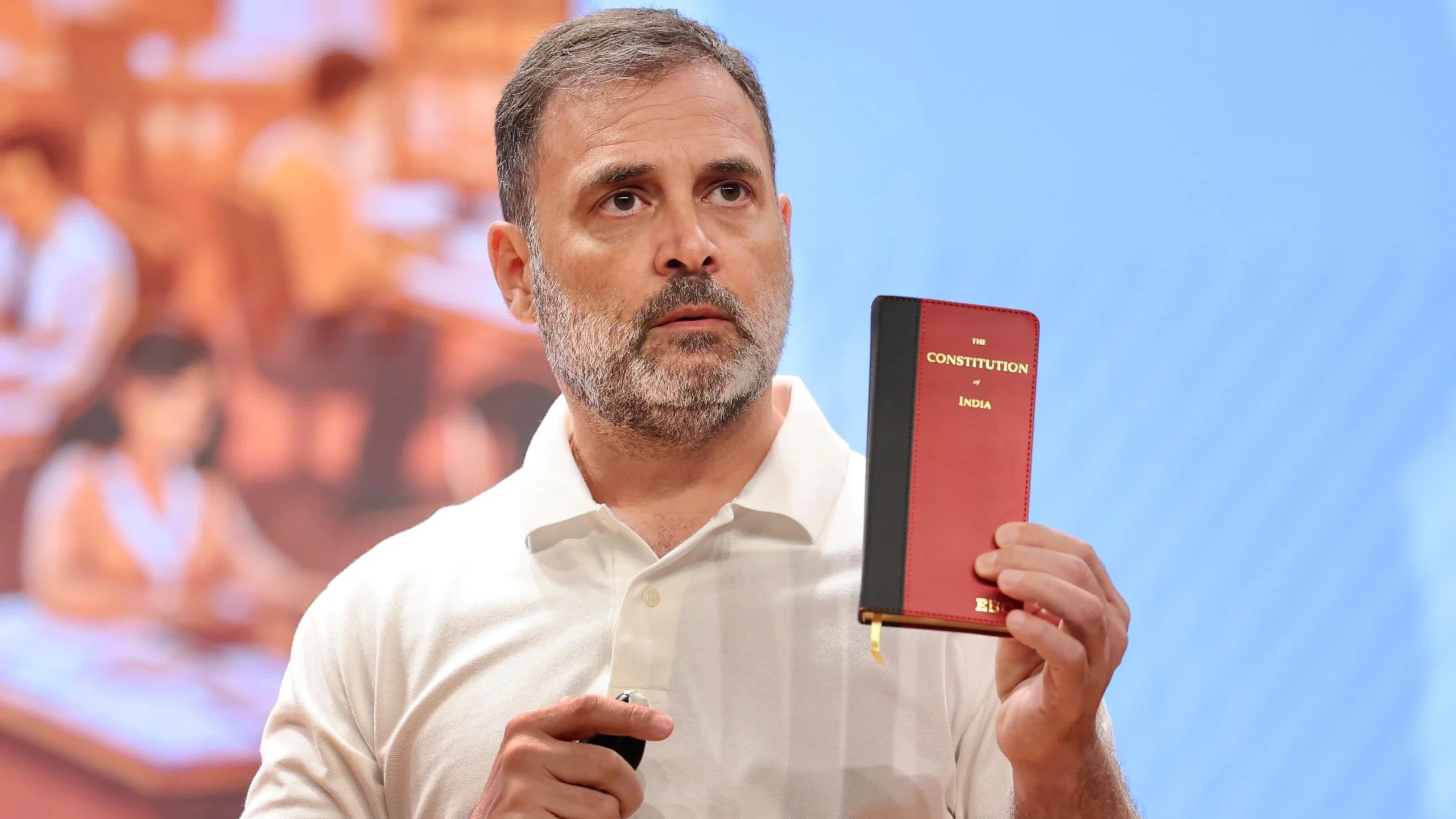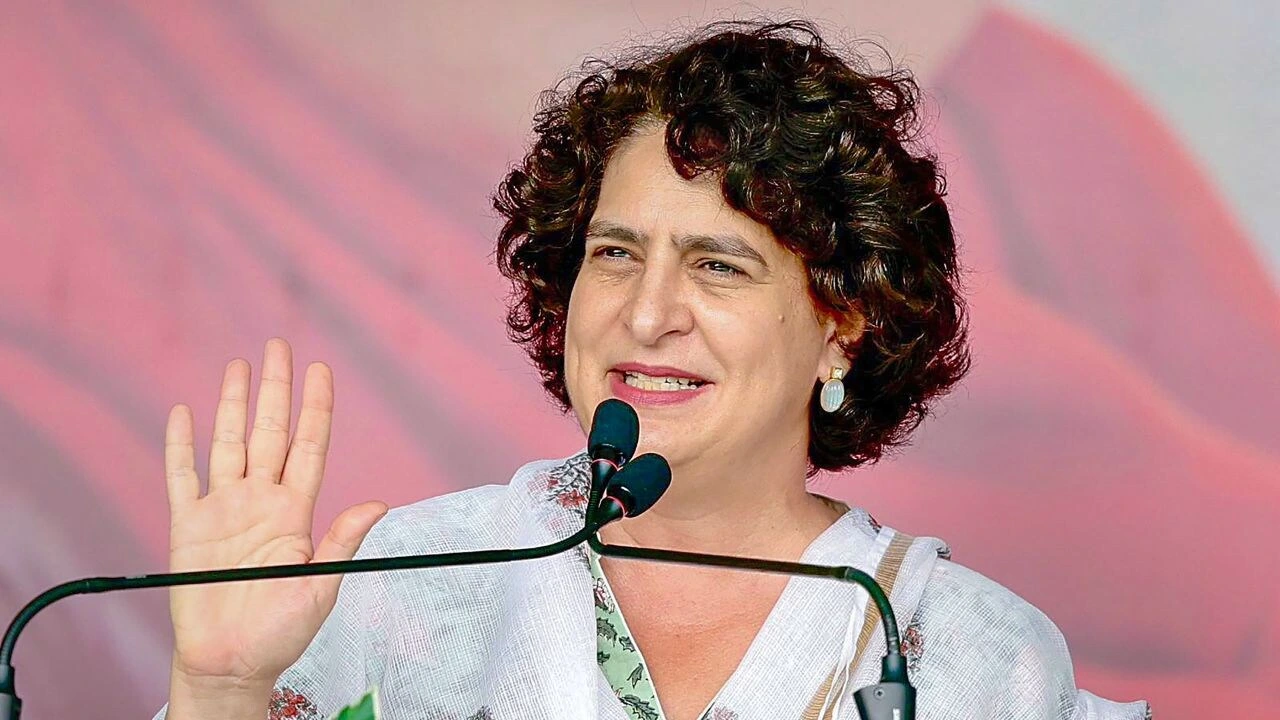07-Sep-2024, Sat
In response to recent comments made by Farooq Abdullah, the former Chief Minister of Jammu and Kashmir, the Bharatiya Janata Party (BJP) has strongly criticized his statements, asserting that they reflect the mindset of the INDIA alliance, which they claim supports terrorism. Abdullah’s remarks came during an election rally where he suggested that lasting peace in the region could only be achieved through dialogue with Pakistan, a statement that has drawn ire from BJP leaders.
BJP’s Reaction
BJP spokesperson Sajid Yousuf Shah filed a complaint with the Election Commission of India (ECI), arguing that Abdullah’s comments risk legitimizing foreign influence over Indian electoral processes. Shah contended that Abdullah’s call for an international investigation into local violence undermines India’s sovereignty and legal framework. He emphasized that such statements are unacceptable in a democratic context and called for appropriate action against Abdullah to protect the integrity of the electoral process. The BJP has characterized Abdullah’s remarks as aligning with a narrative that undermines national security, suggesting that they echo sentiments typically associated with Pakistan. BJP leaders have accused Abdullah of speaking in a manner that could be interpreted as supportive of terrorist elements, further intensifying the political tensions in the region.
Broader Implications
The BJP’s response highlights the ongoing political rivalry in Jammu and Kashmir, particularly in the context of the upcoming elections. The party has consistently positioned itself as a defender of national integrity and security, often using statements from opposition leaders to bolster its narrative. The BJP’s framing of Abdullah’s comments as reflective of the INDIA alliance’s mindset serves to consolidate its base by appealing to nationalist sentiments among voters.
Abdullah’s Position
In contrast, Abdullah has defended his comments, arguing that dialogue with Pakistan is essential for achieving peace in the region. He has criticized the BJP for its hardline stance, suggesting that it has exacerbated tensions rather than resolved them. Abdullah’s remarks are part of a broader strategy to position himself and his party, the National Conference, as advocates for a more nuanced approach to regional politics.
Conclusion
The exchange between the BJP and Abdullah underscores the heightened political stakes in Jammu and Kashmir as the region approaches elections. With accusations of supporting terrorism and calls for dialogue with Pakistan at the forefront, the discourse is likely to shape voter perceptions and influence the electoral landscape. As the situation develops, both parties will continue to navigate the complexities of regional politics, each seeking to assert their narrative in a highly polarized environment.
source: ANI





